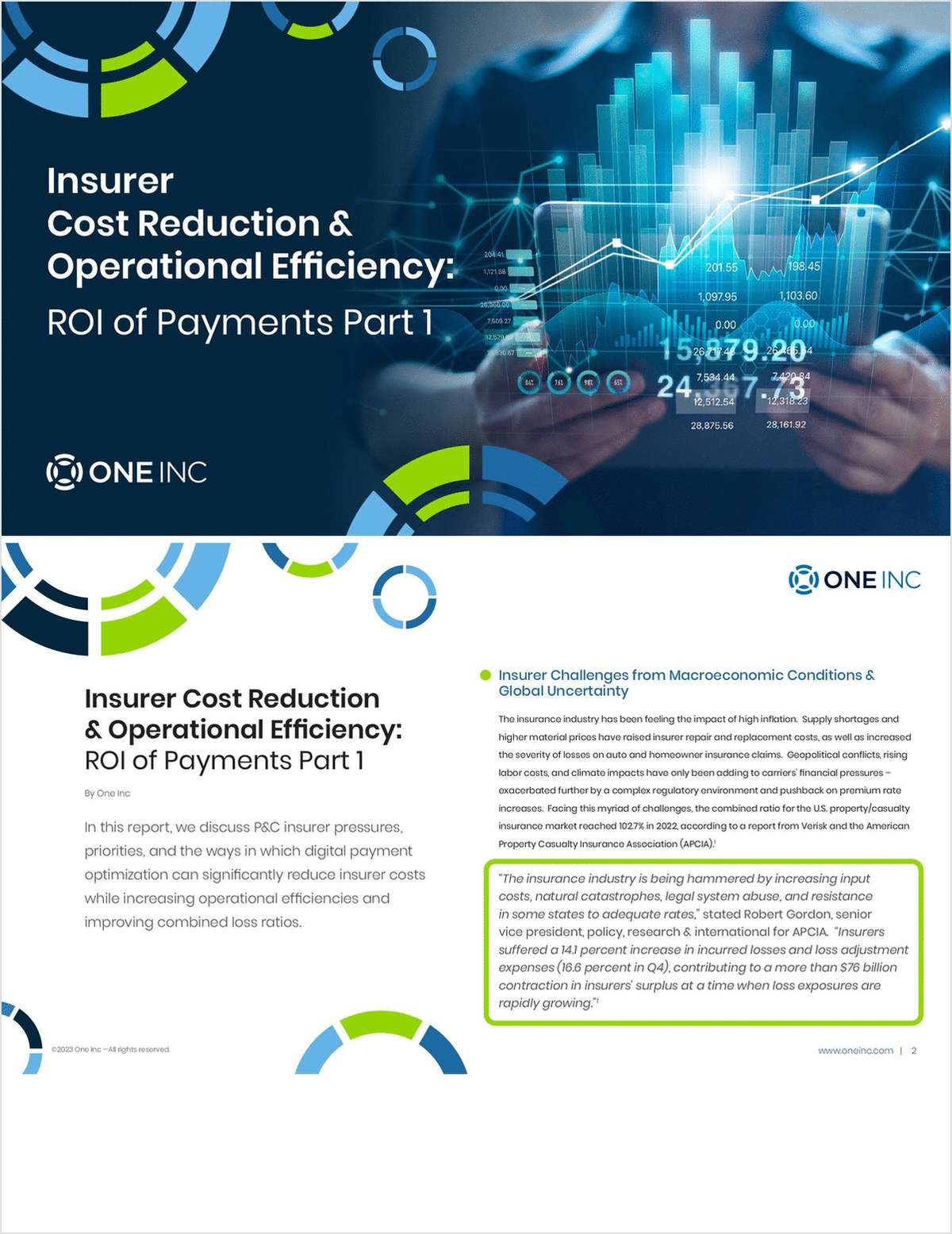NU Online News Service, June 26, 2:33 p.m. EDT
A small Texas bank and a conservative Washington think tank have joined to file a lawsuit challenging the constitutionality of the Financial Stability Oversight Council.
The lawsuit also challenges the constitutionality of the Consumer Financial Protection Bureau.
Both agencies are in operation under provisions of the Dodd-Frank financial services reform law.
The suit is State National Bank of Big Spring, et al. v. Geithner, et al, D.D.C. No. 1:12cv1032. It was filed June 21 in federal district court in Washington and assigned to Judge Ellen Huvelle.
Besides the Texas bank, the Competitive Enterprise Institute is among the plaintiffs as well as the 60 Plus Association, Inc., which is based in northern Virginia.
Insurers have expressed concern about being designated systemically significant and therefore subject to dual regulation by the FSOC as well as the states. This lawsuit, though, contends that companies under FSOC oversight would have an unfair competitive advange.
“Companies that are designated nonbank financial SIFIs [systemically important financial institutions] will allegedly be seen by the investing public as less risky and will purportedly be able to attract capital at an artificially low rate,” the suit argues.
In the suit, State National Bank of Big Spring, Texas alleges that it is injured by FSOC's nonbank SIFI designations because it will be forced to compete with financial companies that are “able to attract scarce, fungible investment capital at artificially low costs.”
The suit contends that Title I of the DFA, which created the FSOC, violates the Constitution's separation of powers because its “open-ended grant of power and discretion to the FSOC, combined with the elimination of the indispensable check of judicial review of the FSOC's judgments, and the inclusion of members who are neither appointed by the president nor confirmed by the Senate, gives the FSOC unfettered discretion in determining which nonbank financial companies will be designated 'systemically important.'”
Michael Nelson, chairman of international insurance-focused law firm Nelson Levine de Luca & Hamilton, based in New York, points out that former Kentucky Insurance Commissioner, S. Roy Woodall, who was appointed by President Obama to serve as the FSOC's voting member with insurance expertise, is also named as a defendant in the lawsuit.
He said the two non-voting FSOC members with insurance expertise, Federal Insurance Officer (FIO) Director Michael McRaith and John Huff, the Director of the Missouri Department of Insurance, were not named as defendants.
As for the industry, MetLife, for one, is in the process of selling its bank to GE Capital as a means of avoiding potential federal regulation as a bank-holding company or as a SIFI.
The Fed is delaying further scrutiny of MetLife until after it completes the sale of its bank, which must be approved by the Federal Deposit Insurance Corporation.
While the CFPB is named in the suit, insurers are mostly exempt from its oversight. Only such products as force-placed and debt protection insurance come under the bailiwick of the CFPB.
Want to continue reading?
Become a Free PropertyCasualty360 Digital Reader
Your access to unlimited PropertyCasualty360 content isn’t changing.
Once you are an ALM digital member, you’ll receive:
- Breaking insurance news and analysis, on-site and via our newsletters and custom alerts
- Weekly Insurance Speak podcast featuring exclusive interviews with industry leaders
- Educational webcasts, white papers, and ebooks from industry thought leaders
- Critical converage of the employee benefits and financial advisory markets on our other ALM sites, BenefitsPRO and ThinkAdvisor
Already have an account? Sign In Now
© 2024 ALM Global, LLC, All Rights Reserved. Request academic re-use from www.copyright.com. All other uses, submit a request to [email protected]. For more information visit Asset & Logo Licensing.








